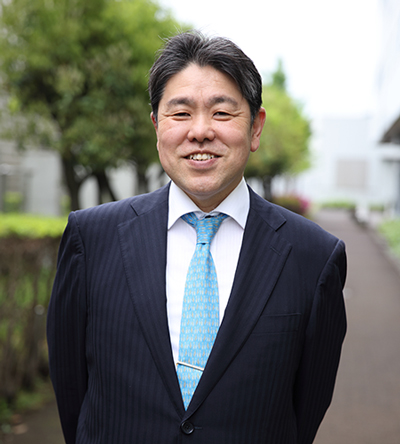Duration 2 Years (MA); 3 Years (PhD)
Medium of instruction Mainly in Japanese
Study in English Depends on supervisor
Non-degree program Available (Research only)
Admission capacity Master's program: less than 15, Doctoral program: 10
Course Structure
Curriculum
Completion requirements
You will receive 8 credits for special research, 4 credits for seminars, 8 credits for required subjects, 10 credits for elective subjects, a total of 30 credits, and submission of a master's thesis. Those who complete the program will be awarded a master's degree in science.
Special research
We provide guidance (research guidance) for the completion of a master's thesis. Students select their supervisors according to their research themes, receive research guidance throughout the entire period, and receive research guidance from their assistant supervisors to promote research activities from a variety of perspectives.
Required subjects
Lectures on "General Theory of Biomedical Sciences," "Biomedical Science Literacy," "Introduction to Biomedical Sciences," and "Introduction to Neuroscience" are compulsory. In the "Seminar on Biomedical Sciences," students develop presentations and foreign language skills by reviewing and reading English science journals, as well as understanding trends and progress in research from an international perspective, and broadening their horizons as researchers.
Electives
Students will take general explanations and introductions about each research field as required. In addition, special subjects in each research field will be selected.
Message from the Dean
In order to develop human resources with research and development capabilities capable of responding to the post-genome era, the Graduate School of Medical Life Science aims to establish biomedical science at the atomic and molecular levels as a new field of biology that makes full use of innovative measurement technologies. Based on structural biology that elucidates the principle of life at the atomic level based on matter, we provide education to understand the hierarchy of life consisting of biomolecules → biological macromolecular assembly → intracellular organelles → cells → organs → individuals. In addition, we understand at the molecular and atomic level, such as cell polarity and cell-cell communication, epigenomes related to differentiation and cell initialization, uniqueness of germ cells leading to regenerative medicine, and neuroscience as higher-order life phenomena, at the molecular and atomic level. We also provide rational drug discovery and other education about various diseases. In addition, we provide education from a global perspective through collaboration with independent administrative agencies in Japan (RIKEN, National Institute of Advanced Industrial Science and Technology, etc.) and networks with overseas educational institutions.
Based on the knowledge and experience gained at the Graduate School, we will develop human resources who can play an active role in healthcare, environment, hygiene, medical care, and other issues facing humanity in Japan and overseas. We also provide education on venture entrepreneurship and intellectual property theory necessary for this purpose.
Professor Ikeguchi Mitsunori, dean of Graduate School of Medical Life Science

Professor Ikeguchi Mitsunori
Dean, Graduate School of Medical Life Science

